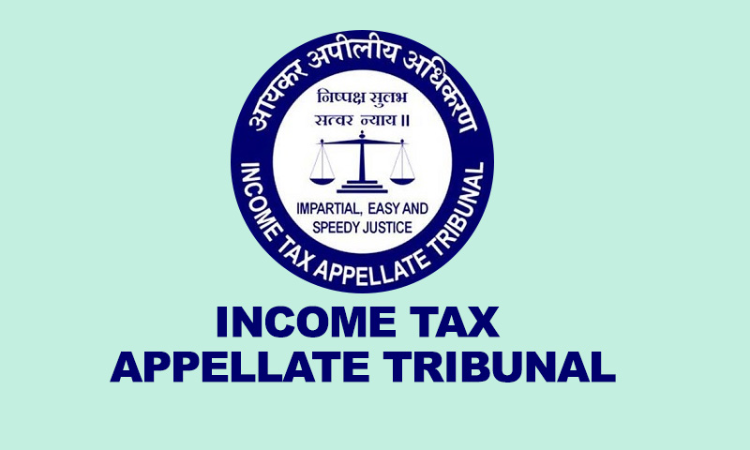The Delhi Bench of the Income Tax Appellate Tribunal (ITAT) has deleted that disallowance setting off legal and other expenses against interest income for contesting an arbitral award.The bench of G.S. Pannu (President) and Saktijit Dey (Judicial Member) has observed that the arbitral award was passed in July 2020, which is under challenge before the Delhi High Court. Even after the conclusion...

